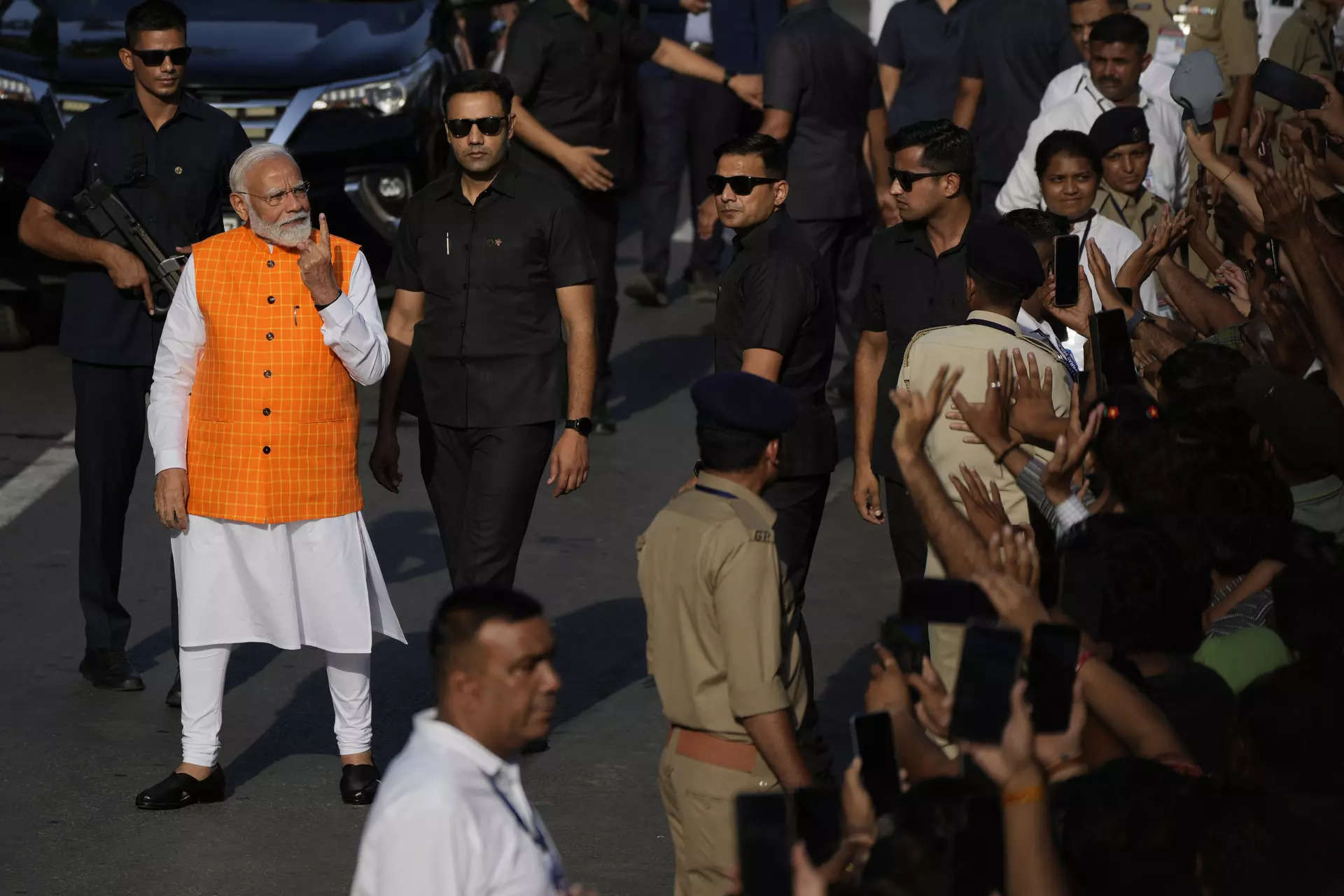Longest-streak ever! Fear gauge VIX rises for 11th day on election concerns
The so-called fear gauge has jumped as much as 88% from a low in April amid speculation that Prime Minister Narendra Modi’s party may win fewer seats than initially expected.
A gauge of volatility in Indian stocks has risen in its longest streak ever, underscoring growing uncertainty over the outcome of the nation’s as polling gets underway.The — which uses equity option prices to measure expected market swings over the next 30 days — is heading for its 11th consecutive session of gains. The so-called fear gauge has jumped as much as 88% from a low in April amid speculation that Prime Minister Narendra Modi’s party may win fewer seats than initially expected.
 Bloomberg
BloombergWhile the incumbent party is still widely expected to win a third term, a smaller majority may affect the government’s ability to carry out such as those aimed at revamping India’s infrastructure and boosting its presence in global supply chains as a to China.
“We reckon that 400+ seats seem unlikely” for the Bharatiya Janata Party-led alliance, analysts Anjali Verma and Navaneeth Vijayan wrote in a note. “The turnout so far is a tad lower and while this could affect the outcome for a few constituencies, it is unlikely to majorly dent the widely of BJP returning to power.”
The South Asian nation has voted on more than half of the 543 seats up for grabs in the of the parliament in a seven phase polling that will conclude on June 1. Votes will be counted on June 4.
An increase in volatility during is not unusual. In 2019, the index climbed over 20% in the month leading to the .
Source: Stocks-Markets-Economic Times
